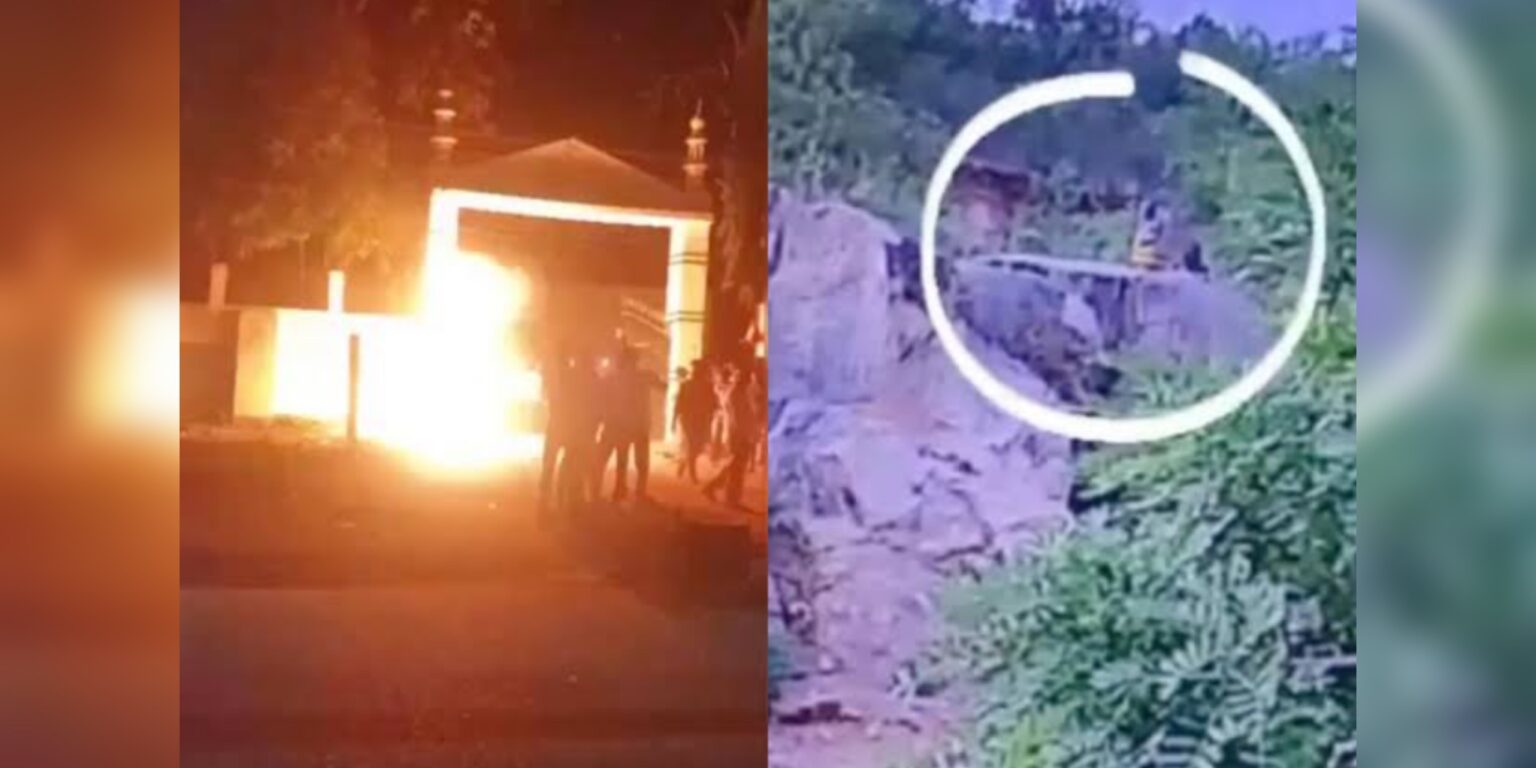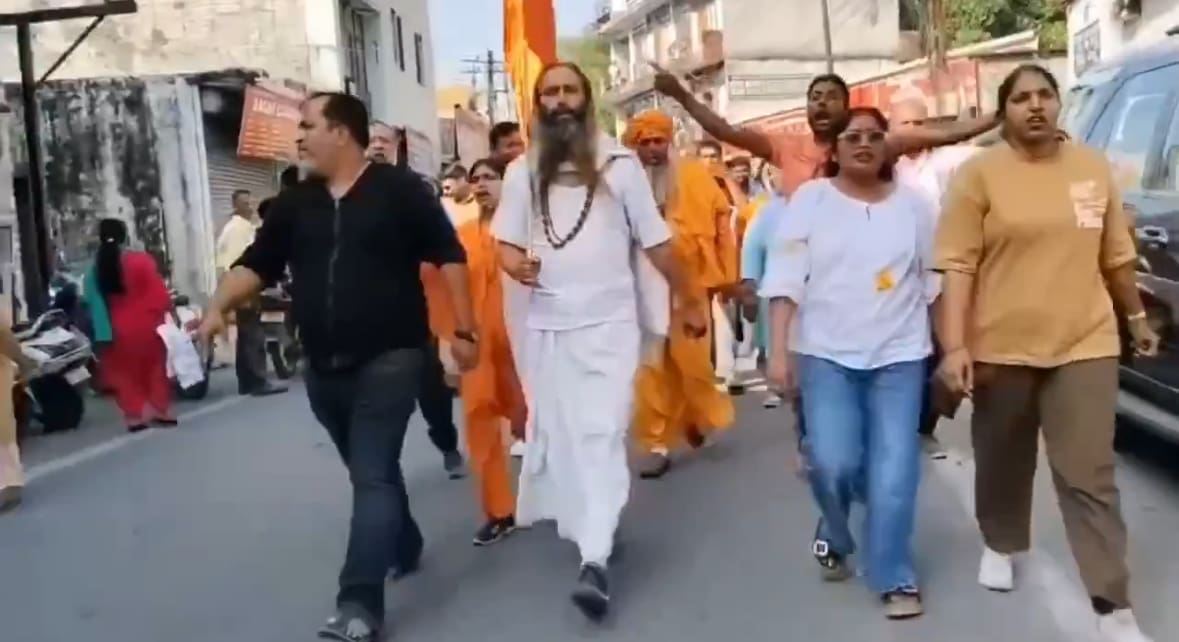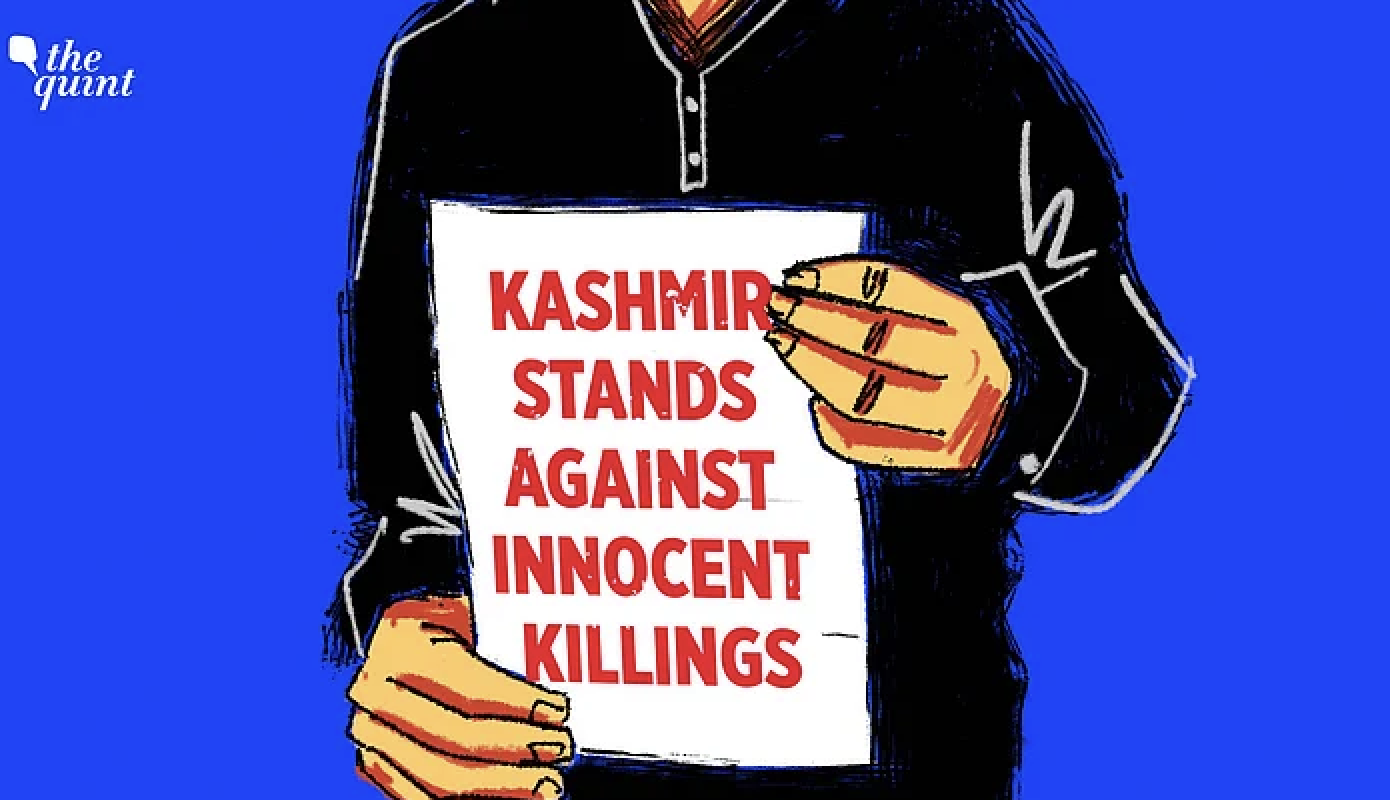
New Delhi: The Indian Union Muslim League (IUML) has moved the Supreme Court challenging the Centre’s notification inviting non-Muslims belonging to Afghanistan, Bangladesh and Pakistan and residing in 13 districts in Gujarat, Rajasthan, Chhattisgarh, Haryana and Punjab to apply for Indian citizenship.
The interim application argued that the Centre is trying to circumvent the assurance given to the apex court in this regard in the pending petition filed by the IUML challenging the constitutional validity of the provisions of the Citizenship (Amendment) Act (CAA), 2019.
It said that the Centre provided assurance that staying of the Amendment Act was not necessary since the rules of the Amendment Act had not been framed.
The CAA grants Indian citizenship to non-Muslim minorities – Hindu, Sikh, Buddhist, Jain, Parsi and Christian – who migrated to India from Afghanistan, Pakistan and Bangladesh till December 31, 2014, following persecution over their faith.
The fresh plea said the Union home ministry on Friday issued a notification to this effect for immediate implementation of the order under the Citizenship Act 1955 and Rules framed under the law in 2009 even though the rules under the CAA enacted in 2019 are yet to be framed by the Ministry of Home Affairs is manifestly illegal and runs counter to the provisions of the Act.
IUML in its plea before the top court said that the Centre had, during the course of the hearing of its plea challenging the constitutional validity of CAA, submitted before the apex court and provided assurance that staying of the Amendment Act was not necessary since the rules of the Amendment Act had not been framed.
“However, the respondent Union, in a roundabout way, and in an attempt to circumvent the assurance given to this court, have sought to implement their malafide designs envisaged under the Amendment Act through the recently issued order dated May 28,” the plea said.
IUML submitted that if the Centre’s notification is implemented and citizenship is given to persons on the basis of their religion, and, thereafter, if this court strikes down the Amendment Act and Rules, whereby the act of providing citizenship on the basis of religion is declared void, “Then, to take back the citizenship of these persons, granted pursuant to the present order, will be a herculean task and would be near impossible to implement. In the event the said exercise is conducted, it would render the entire batch of writ petitions (challenging CAA) as infructuous,” the plea said.
The petition has sought directions to the Centre to stay any further proceedings pursuant to the May 28 order issued by the Union of India, Ministry of Home Affairs till such time the plea challenging CAA is pending.
“In exercise of powers conferred under Section 16 of the Citizenship Act, 1955 (57 of 1955), the central government hereby directs that powers exercisable by it for registration as citizen of India under Section 5, or for grant of certificate of naturalisation under section 6 of the Citizenship Act 1955 in respect of any person belonging to minority community in Afghanistan, Bangladesh and Pakistan namely, Hindus, Sikhs, Buddhists, Jains, Parsis and Christians, residing in the districts mentioned and the states mentioned below….,” the home ministry notification said
The apex court in February 2020 sought response of the Centre on a batch of fresh pleas challenging the constitutional validity of the CAA.
The top court, on December 18, 2019 had decided to examine the constitutional validity of the CAA while refusing to stay its operation.
While hearing a batch of petitions, the top court had on January 22, 2020 made it clear that the operation of CAA will not be stayed and gave the government four weeks to respond to the pleas challenging the CAA.
When the CAA was enacted in 2019, there were widespread protests in different parts of the country and even riots took place in Delhi in early 2020 in the wake of these protests.
This story was first appeared on thewire.in






